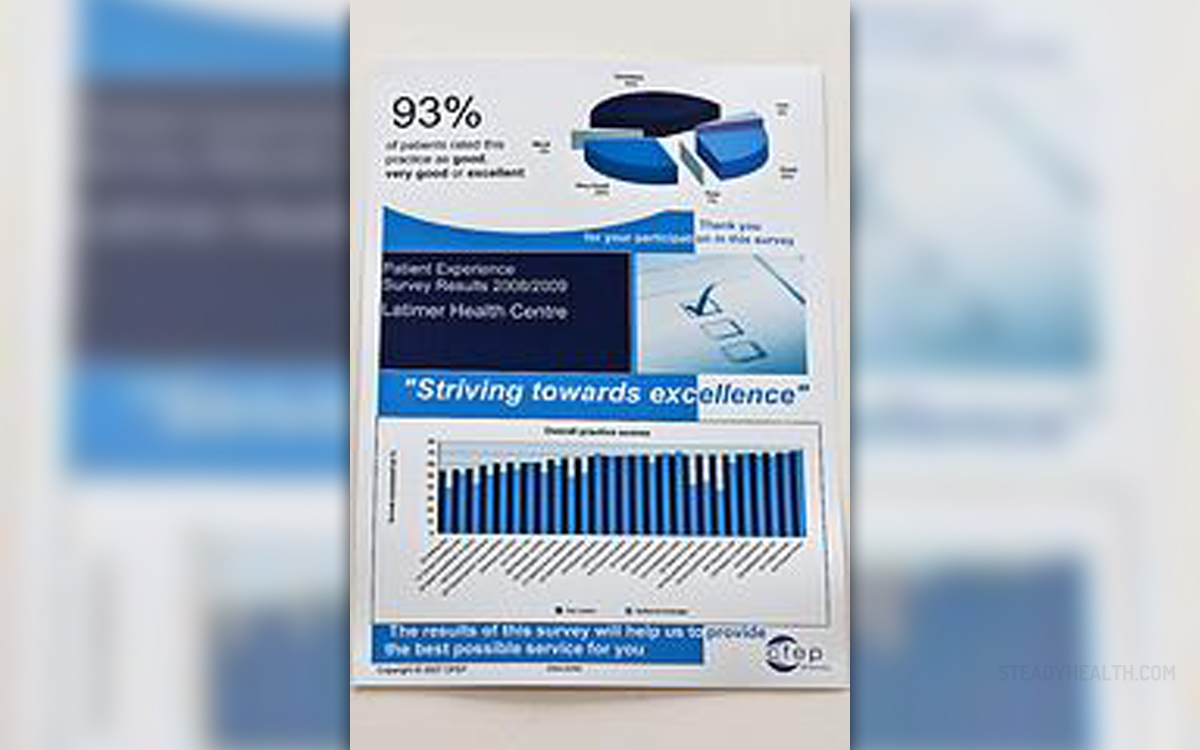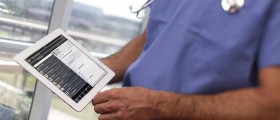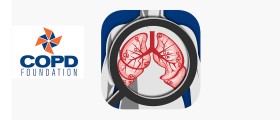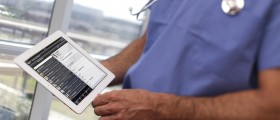
Whenever you are admitted to any kind of health care institution and treated, your medical records are modified and updated. This way, whenever you visit a doctor, he/she can look at your medical records and use the information provided while making a diagnosis. Thus, this is a very important aspect of your health since sometimes your previously treated illness may be triggering the current one or some other, similar scenarios may take place.
Hence, people who work in different health care institutions should have granted access to your medical records. Make sure you allow this because, this way, you will provide yourself with a better and more thorough treatment.
People Who Need Access to Your Medical Records
Naturally, doctors need to be provided the necessary insight in your medical history and records, for your own sake. Also, nurses who work in hospitals or clinics need this information since they are likely to be involved in your therapy. The same goes for physiotherapists, occupational therapists, psychotherapists and dietitians, if you happen to require their services.
Additionally, there are other people involved in medicine, benefiting from your previous medical records. These are your dentists, pharmacists, speech pathologists, optometrists or podiatrists. Again, they need access to your data only if you are using their services in any way.
Benefits of Medical Records
If your doctor has access to your medical records, he/she will be capable of knowing your complete medical condition, having better chances of diagnosing your current condition precisely and giving you the correct, effective treatment. Alternatively, sometimes, health practitioners need to consult with each other. Then, providing someone with your medical records can speed up the diagnosis process and help making appropriate referral. All in all, access to your medical records can make all people who are taking care of your health updated, providing you the best treatment possible, being optimally effective and productive.
Additional Information Regarding Medical Records
Speaking of types of information in your medical records, these include a list of illnesses, medications, treatments, allergies, test results, surgeries, identification data, medical coverage, emergency contacts and family physicians.
You can either accept treatment from a certain health expert, allowing him/her access to your medical data indirectly or grant access to this information verbally. Otherwise, all the data contained in your medical records is strictly confidential.
Finally, some countries allow patients to keep track of their medical records, updating them on their own, sharing them with health professionals in cases of necessity. However, in order to access you own medical data, you need proper identification and proof that you are the person in question.

















Your thoughts on this
Loading...